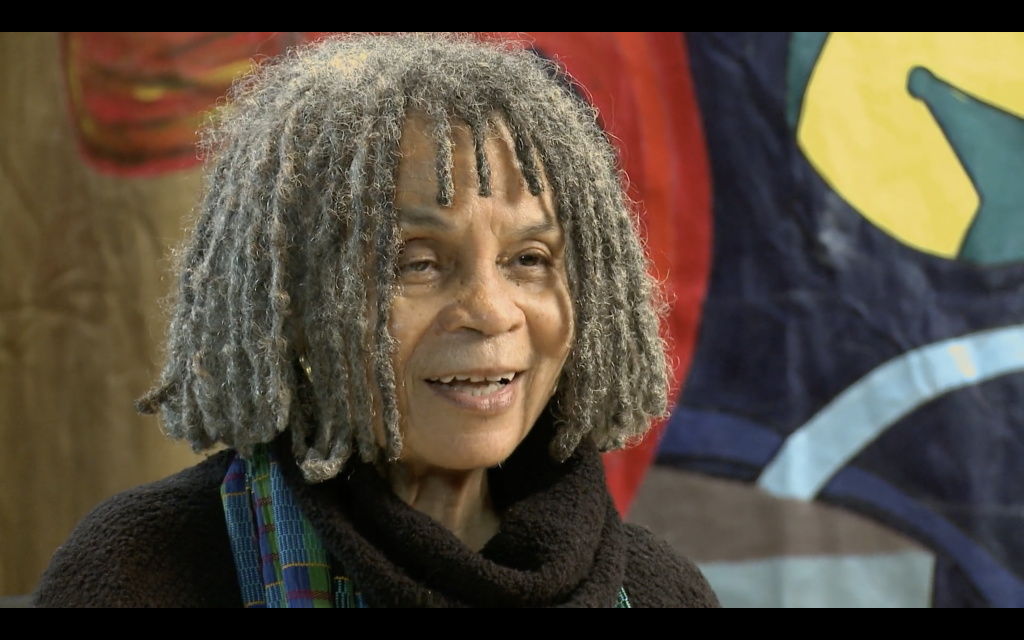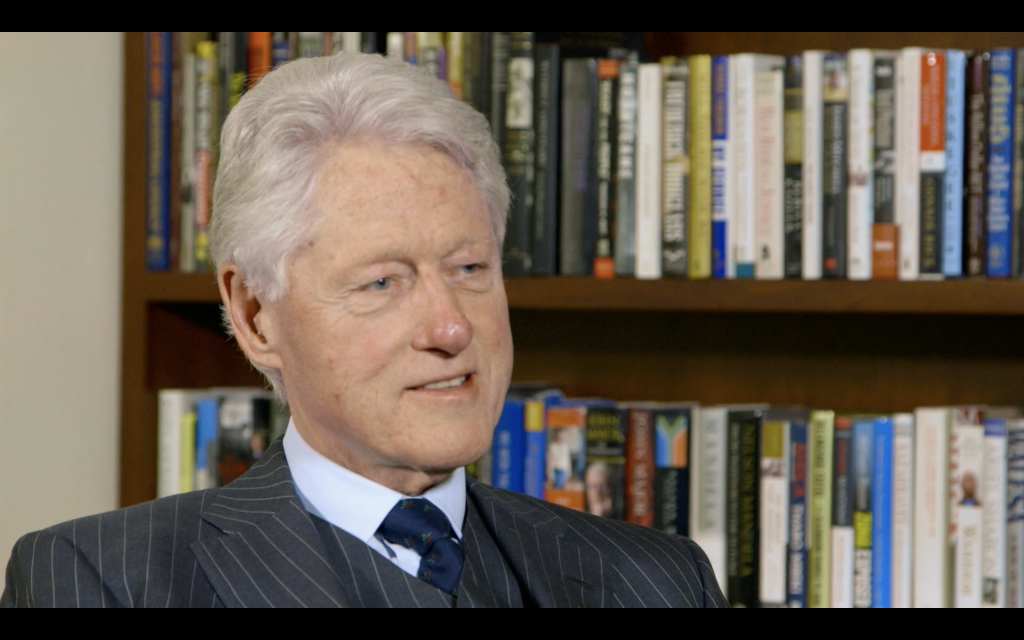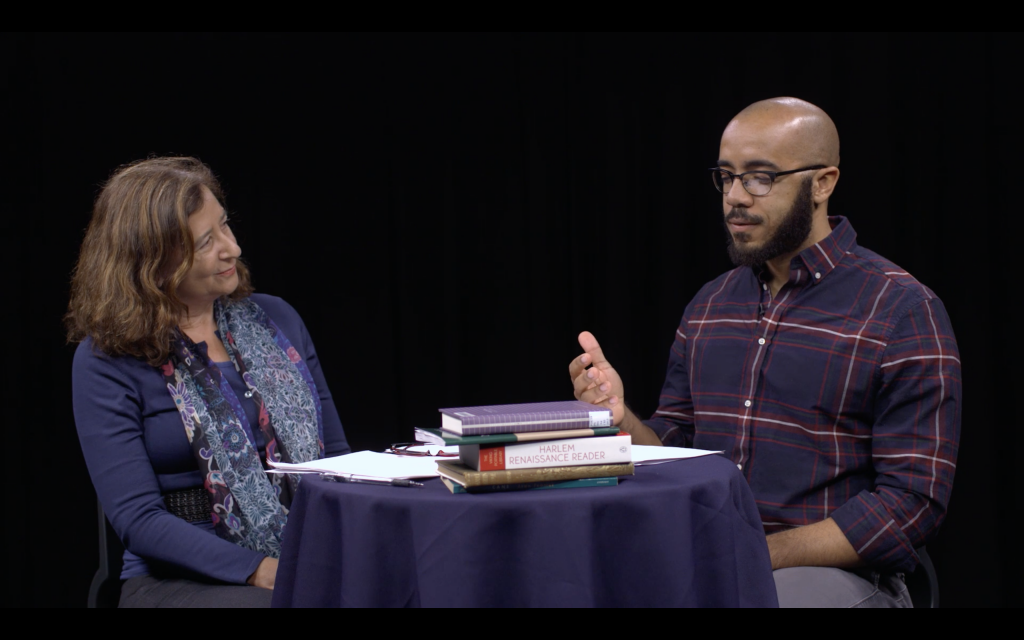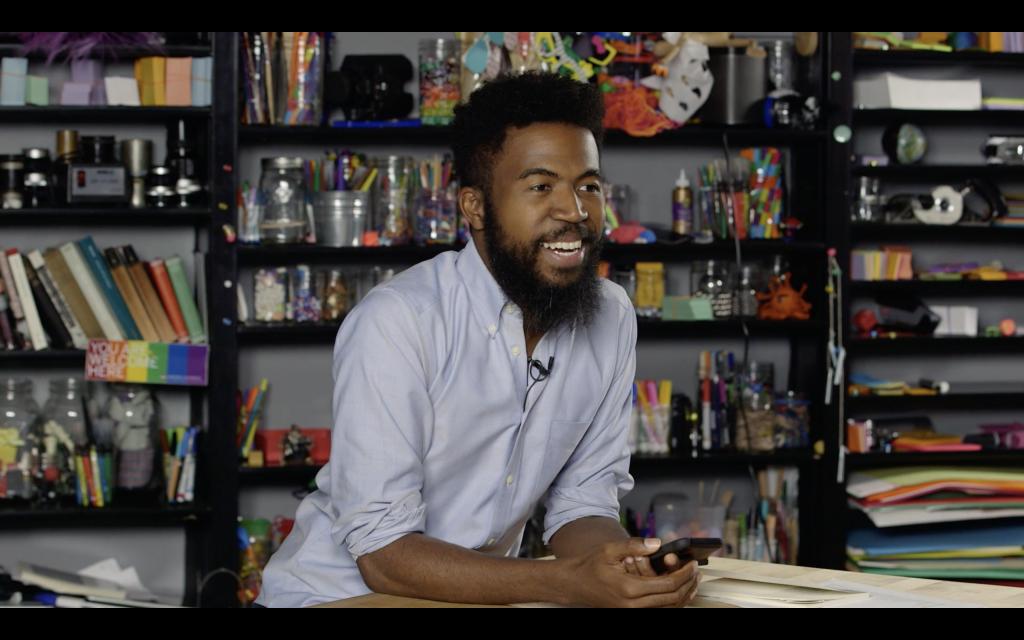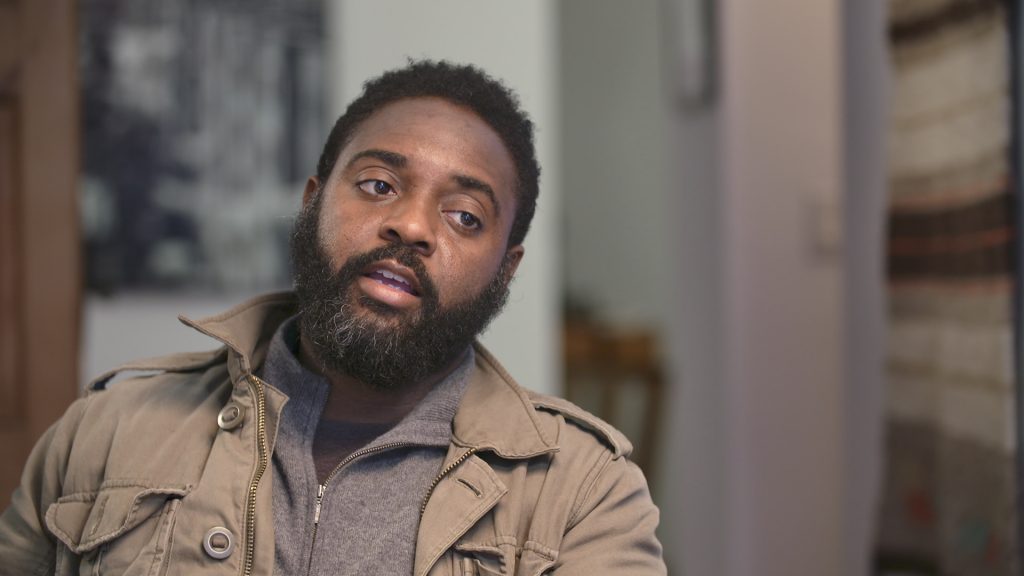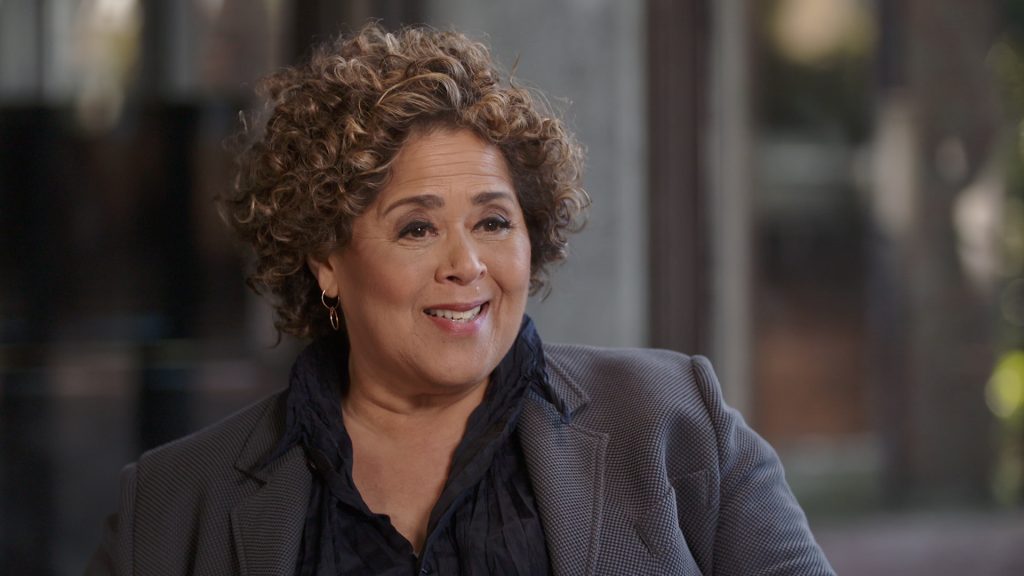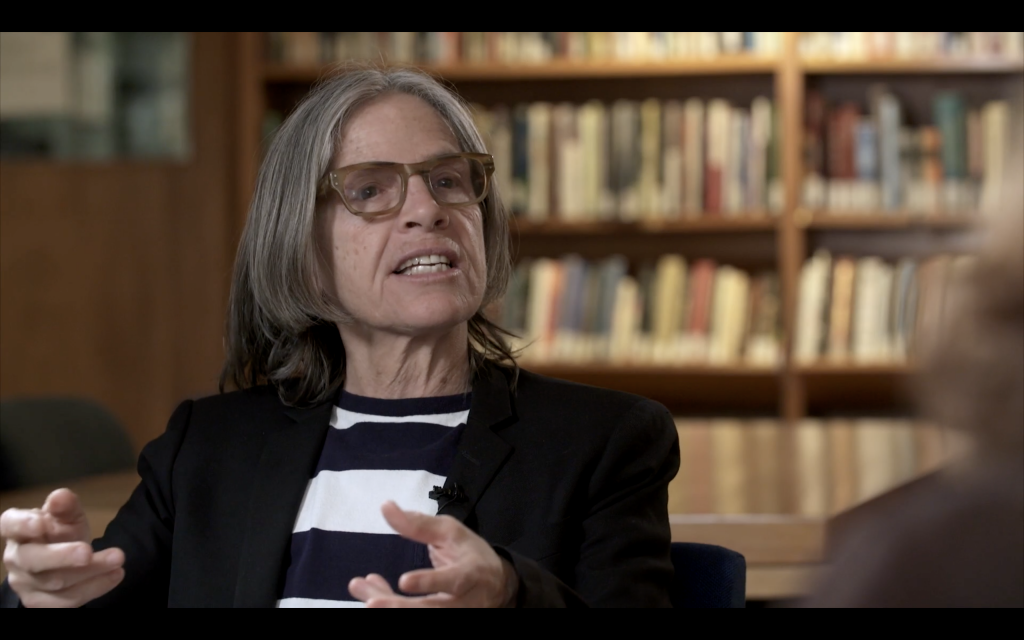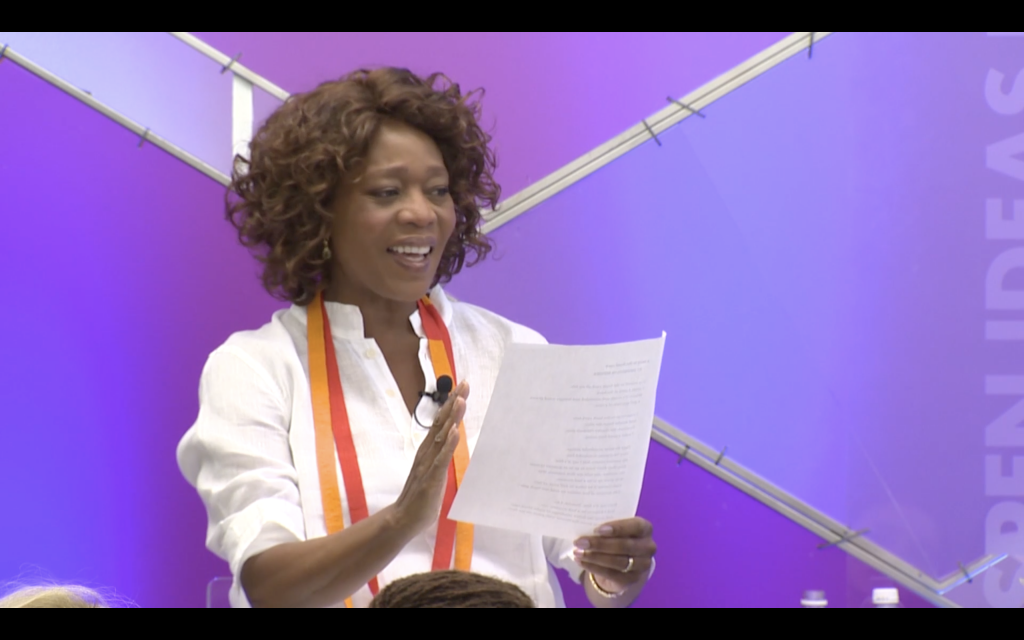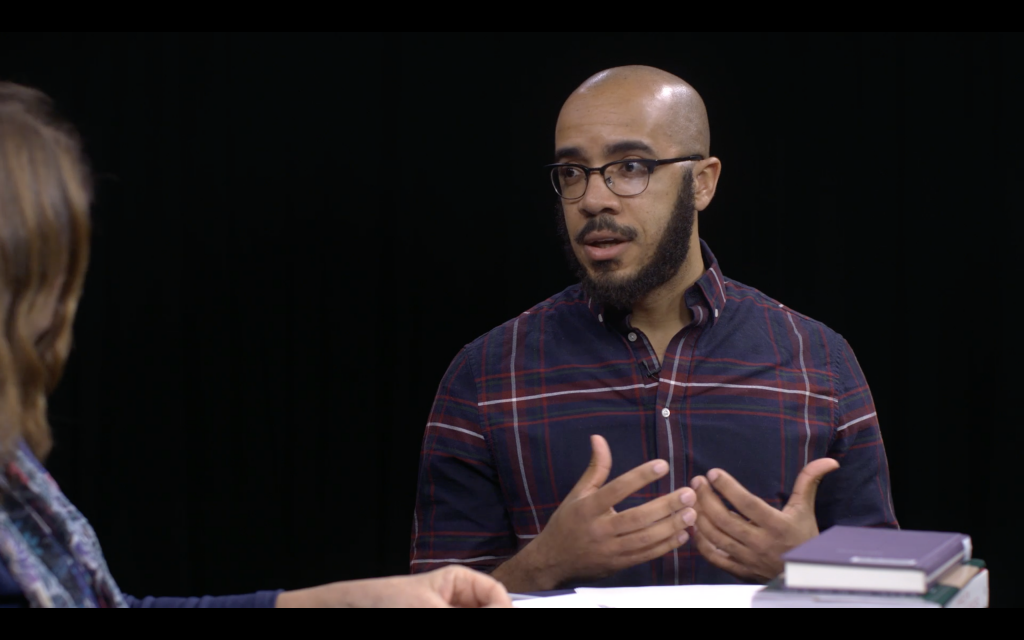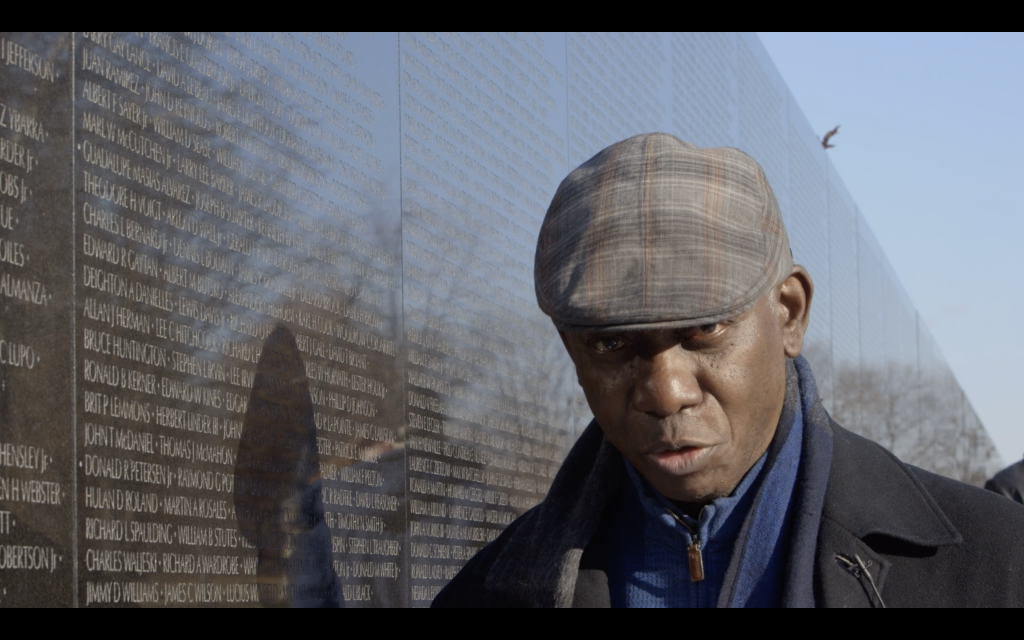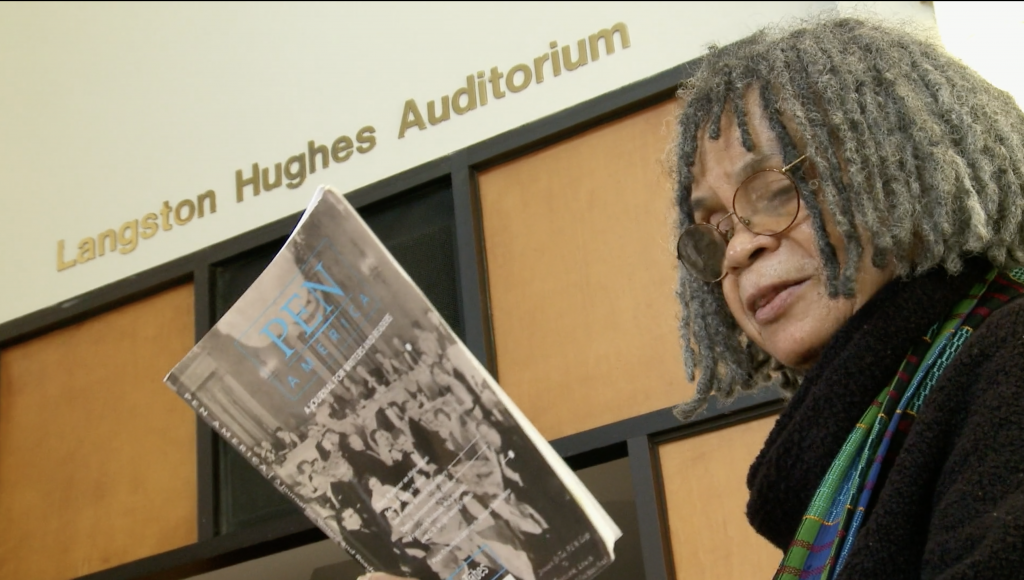
Classics of Black American Protest Poetry
A new audio course from Poetry in America, available via Himalaya Learning, delves into classic poems by Hughes, Cullen, Brooks, and Clifton.
Great poetry allows us to discover the many sides of ourselves and the world around us – both its beauty and its injustice. Our new audio course, “Classics of Black American Protest Poetry,” explores the U.S. tradition of Black protest poetry through several foundational poems rooted in the Harlem Renaissance, including classics by Langston Hughes, Countee Cullen, Gwendolyn Brooks, and Lucille Clifton.
Over twelve episodes, host Elisa New explores these texts with guests including: Sonia Sanchez, Herbie Hancock, Bill Clinton, Clint Smith, Joshua Bennett, Alfre Woodard, Eileen Myles, Anne Deveare Smith, Reginald Dwayne Betts, and Yusef Komunyakaa.
Released in September 2020, in the wake of the murders of George Floyd and Breonna Taylor, disproportionate mortality of people in color during the covid 19 pandemic, and Black Lives Matter demonstrations all over the country and over the world, this podcourse looks back at America’s great history of civic poetry.
Use promo code PIA for a 14-day free trial to Himalaya Learning.
